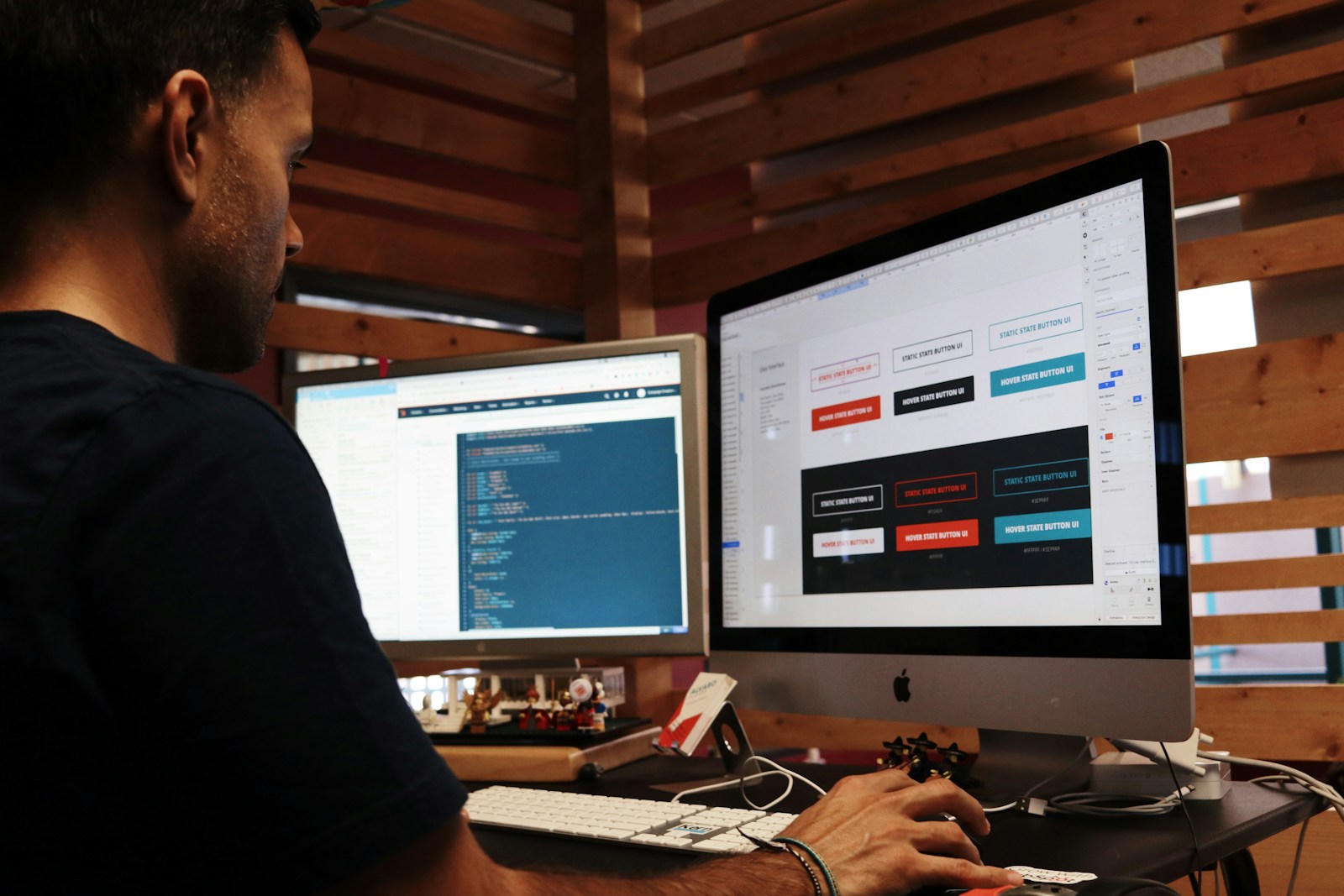As an entrepreneur, innovator, and AI enthusiast deeply entrenched in the world of technology, I’ve often pondered the question: will artificial intelligence (AI) eventually automate coding? This question looms large in discussions about the future of software development and its potential impact on industries and livelihoods. Let’s delve into this fascinating topic and explore the possibilities.
Understanding the Landscape
Before we dive into the implications of AI in coding, it’s essential to understand the current landscape of software development. Coding, in its essence, is the process of instructing computers to perform specific tasks by writing lines of code in programming languages such as Python, Java, or JavaScript. Traditionally, this has been a human-driven endeavor, requiring creativity, problem-solving skills, and an understanding of both the task at hand and the underlying technology.
The Rise of AI in Software Development
In recent years, AI has made significant strides in various domains, including natural language processing, image recognition, and data analysis. These advancements have led to the emergence of AI-powered tools and platforms designed to assist developers in their work. From code generation and bug detection to automated testing and deployment, AI is augmenting various aspects of the software development lifecycle.
AI’s Role in Code Generation
One area where AI shows immense promise is in code generation. AI models, particularly those based on machine learning algorithms like GPT (Generative Pre-trained Transformer), are capable of understanding natural language inputs and producing syntactically correct code snippets. These AI-powered code generators can accelerate development tasks, especially for routine programming tasks or boilerplate code.
The Evolution of AutoML and Code Optimization
Moreover, AI is revolutionizing the way developers approach machine learning itself. AutoML (Automated Machine Learning) platforms leverage AI algorithms to automate the process of model selection, hyperparameter tuning, and feature engineering, thereby democratizing machine learning and making it more accessible to a broader audience. Additionally, AI-driven code optimization tools can analyze existing codebases and suggest optimizations to improve performance, efficiency, and maintainability.
Addressing Challenges and Limitations
While the prospects of AI automating coding are indeed exciting, it’s crucial to acknowledge the challenges and limitations inherent in this endeavor. Coding is not merely about writing lines of code but also about understanding the problem domain, architecting solutions, and collaborating with stakeholders. AI, as powerful as it may be, still lacks the nuanced understanding, creativity, and contextual awareness that human developers possess.
The Human Element in Software Development
At the heart of software development lies human ingenuity and innovation. While AI can automate certain repetitive tasks and streamline workflows, it cannot replace the human element entirely. The act of coding involves more than just syntax; it requires critical thinking, problem-solving, and the ability to adapt to evolving requirements and constraints. Human developers bring unique perspectives, experiences, and insights to the table, driving innovation and pushing the boundaries of what’s possible.
Embracing AI as a Collaborative Tool
Rather than viewing AI as a threat to traditional coding practices, we should embrace it as a collaborative tool that augments human creativity and productivity. AI-powered coding assistants can help developers write cleaner, more efficient code, identify potential bugs, and explore alternative solutions. By leveraging AI technologies judiciously, developers can focus on higher-level tasks such as architecting systems, designing user experiences, and solving complex problems.
The Future of Coding
So, what does the future hold for coding in the age of AI? While it’s unlikely that AI will completely automate coding in the foreseeable future, its role will undoubtedly continue to expand. Developers will increasingly rely on AI-powered tools and platforms to enhance their productivity, streamline development workflows, and tackle increasingly complex challenges. However, the human touch will remain indispensable, driving innovation, creativity, and the pursuit of excellence in software development.
Conclusion: Striking a Balance
In conclusion, the question of whether AI will automate coding is a complex one with no definitive answer. While AI holds tremendous potential to transform various aspects of software development, it cannot replace the human element entirely. As we navigate this evolving landscape, it’s essential to strike a balance between harnessing the power of AI and preserving the unique capabilities of human developers. By embracing AI as a collaborative ally, we can unlock new possibilities and shape a brighter future for software development.
Join me on the journey of continuous learning and innovation at UnikBrushes and empower yourself with cutting-edge solutions for web development. Explore the future of education with LearnyHive, where academic excellence is within reach for every engineering student. Together, let’s shape a world where technology empowers us to achieve our full potential.




